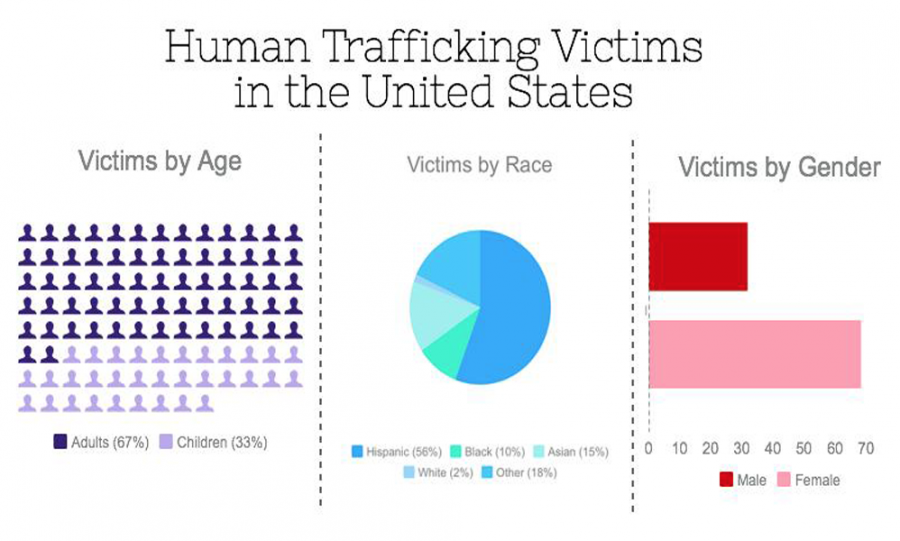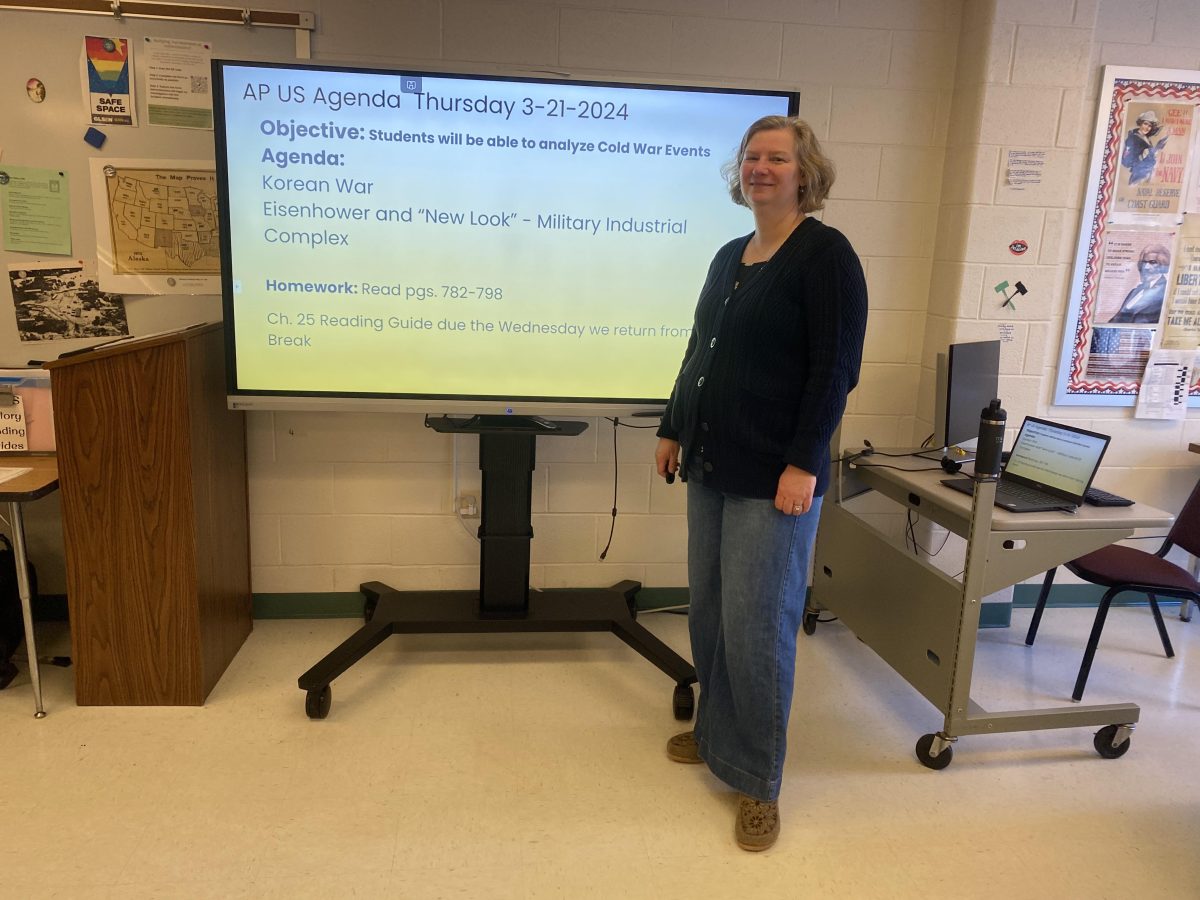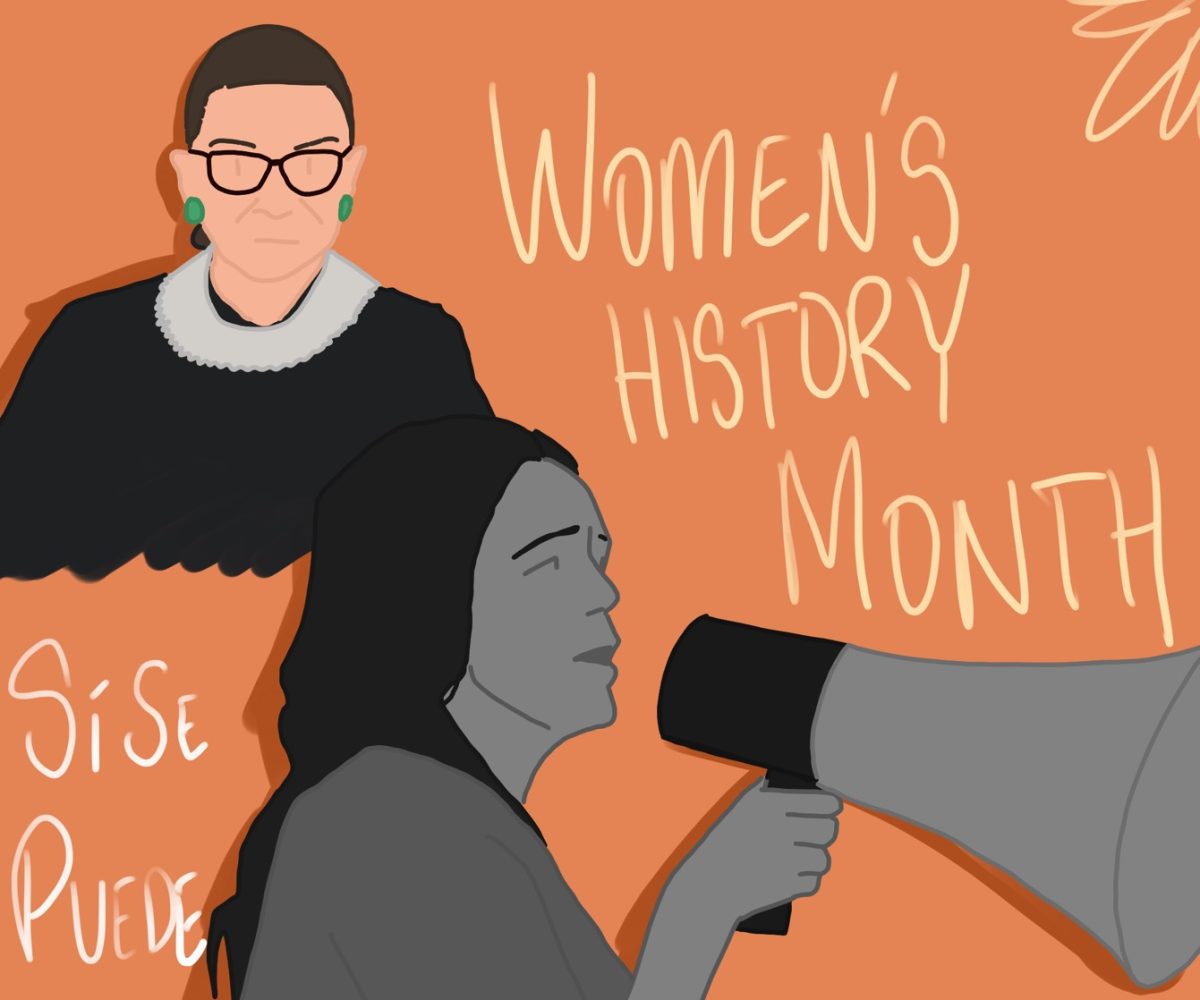It is well known that in third world countries, children and women are prime victims of human trafficking. What may come as a shock to some is that the buying and selling of bodies is extremely active right here in the U.S. as well. Forced labor and exploitation is not a myth, nor is it extinct; rather, it is America’s harsh reality.
In December of 2012, President Obama declared January National Human Trafficking Awareness Month.
“Around the world, millions of men, women and children are bought, sold, beaten, and abused, locked in compelled service and hidden in darkness… And for more than a century, we have made it a national mission to bring slavery and human trafficking to an end. My Administration has been deeply committed to carrying this legacy forward — beginning with trafficking that happens on our own shores,” President Obama
Human trafficking is defined by the U.S. Office of Drug and Crime as “the acquisition of people by improper means such as force, fraud or deception, with the aim of exploiting them.”
Not only is forcing work on someone (whether in sexual or labor form) morally unjust, but it is also extremely illegal. Any mentally sane citizen would agree that human trafficking is a nauseating concept, but only the victims truly know how cruel the $32 billion industry really is.
Labor trafficking can be hard to identify. Due to the nature of the jobs, the workers are frequently abused in plain sight, but no one is able to make the connection. Most of these modern-day slaves lack legal knowledge and have no idea that the torture they are forced to endure is entirely illegal.
The magnitude of the issue can be hard to estimate. Trafficking occurs around the world and according to the United Nations, there are approximately 30 million modern-day slaves in the world. Stories of human trafficking victims are too often buried beneath a multitude of statistics that fail to capture the human aspect of the problem. In 2015, there were 2,794 cases of human trafficking in the U.S. alone. That means that 2,794 humans were put through severe torture, resulting in a legal case within the past year.
In 2014, a federally funded hotline for trafficking victims received around 21,000 calls. During that same time period, the Department of Justice secured 184 trafficking convictions. Of those cases, 157 focused on sex trafficking and 27 cases revolved around labor trafficking.
Types of human trafficking consist of forced labor, sexual exploitation, commercial sexual exploitation, forcing someone to give up tissues, cells or organs and may also include the smuggling of people from one country to the next.
As a nation, we need to work to help stop human trafficking by reporting all suspicions of human trafficking immediately. People should aim to spread public awareness of this issue and look for warning signs of it. Common signs of a victim are depression, anxiety, paranoia and submissive acts. The victim may also avoid eye contact or become panicked when law enforcement is brought up. A human trafficking victim usually lacks healthcare and appears malnourished.
See below for a list of resources if you or someone you know is a victim of human trafficking.
In the words of Benjamin Franklin, “Justice will not be served until those who are unaffected are as outraged as those who are.”
Here are some resources to consult for more information on human trafficking:
- U.S. Committee for Refugees and Immigrants (USCRI) Contact information: 1-800-307-4712 or [email protected]
- Heartland Human Care Services Contact information: 1-800-837-5345
- Tapestri, Inc. Contact information: 404-299-2185
- The National Human Trafficking Resource Center (NHTRC) is a national, toll-free hotline for the human trafficking field in the United States and is reached by calling 1-888-373-7888 or e-mailing [email protected]. The NHTRC operates 24 hours a day, seven days a week, every day of the year.






